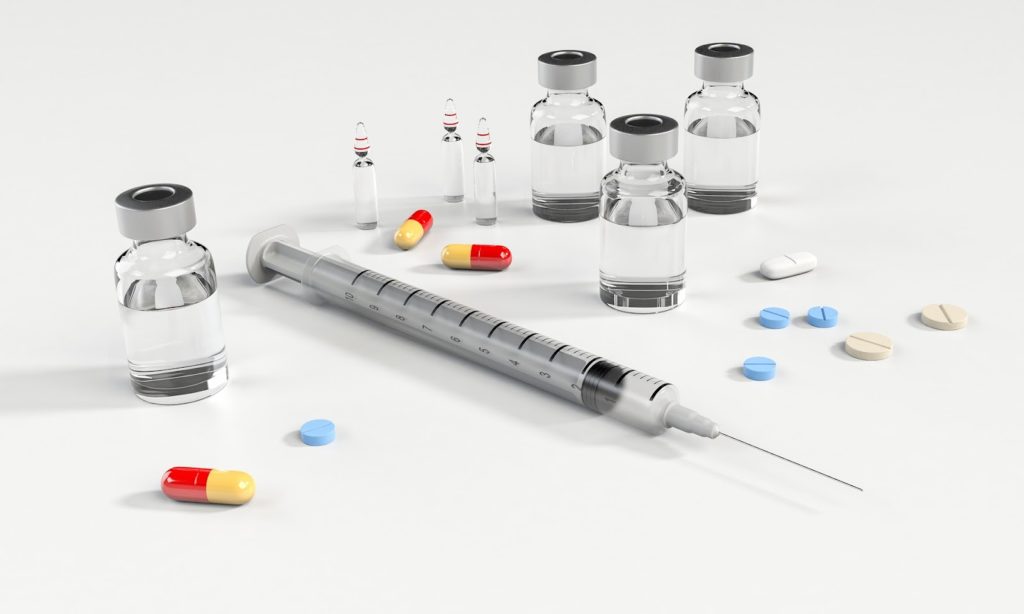If you are struggling with addiction, you are likely looking for ways to get help. You may be wondering if health insurance will cover the cost of treatment. This can be a confusing topic, so this article has put together six things you should know about health insurance and addiction treatments. Keep reading to learn more.

Coverage
One of the first things that you need to be aware of is that not all health insurance plans will cover addiction treatment. The truth is that some may only cover a portion of the cost. In terms of insurance and addiction, you have to check with your insurance provider to find out what type of coverage they offer for addiction treatment. Some providers may also require that you get a referral from a doctor before they will cover any costs. More often than not, inpatient treatment is going to be covered more than outpatient care.
Costs
Even if your insurance plan does cover addiction treatment, you may still be responsible for some of the costs. This is because most insurance plans have deductibles that must be met before they will start to pay for any services. For example, if your deductible is $500 and the cost of treatment is $5000, you will be responsible for the first $500. After that, your insurance company will start to cover a portion of the costs. Additionally, you may also be responsible for coinsurance or copayments. These are usually a set amount that you will need to pay each time you receive treatment, which can add up if you are receiving treatment regularly.
Types of Treatment
There are many different types of addiction treatments available, and not all of them will be covered by insurance. For example, some insurance plans may only cover inpatient treatment, while others may also cover outpatient care. Other common types of addiction treatment that could be covered by health insurance include detoxification, medication-assisted treatment, and counseling. Detoxification is usually only covered if it is medically necessary. Medication-assisted treatment, which uses medication to help with withdrawal symptoms and cravings, is often covered by insurance. Counseling, which can be either individual or group therapy, may also be covered. It is important to check with your insurance provider to see what type of treatments they will cover.
Pre-existing Conditions
One thing that you need to be aware of is that some insurance companies may not cover addiction treatment if they consider it to be a pre-existing condition. Pre-existing conditions are those that you have before you get insurance. For example, if you have been to treatment for addiction in the past, your insurance company may consider this a pre-existing condition. This means that they may not cover any costs associated with treatment. It is important to check with your insurance provider to see if they consider addiction to be a pre-existing condition.
Exclusions
In addition to pre-existing conditions, other things may be excluded from coverage as well. For example, some insurance plans will not cover the cost of detoxification. Detoxification is usually only covered if it is medically necessary. Additionally, some insurance plans will not cover the cost of treatment if it is considered to be experimental or investigational. This means that the treatment has not been proven to be effective. In this case, you will need to pay for the treatment yourself.
Appeals
Last but not the least, if you are denied coverage for addiction treatment, you have the right to appeal the decision. This process can be complicated, so it is important to work with your insurance provider to make sure that you are following the correct steps. One, you need to request a written explanation of the denial from your insurance company. You will also need to gather any supporting documentation that you have. This could include medical records, treatment plans, and letters from your doctor.
From there, you have to submit your appeal in writing to your insurance company. After this, you will also need to participate in an oral hearing. This is where you will have the opportunity to speak to someone from your insurance company about your appeal. Then, you have to wait for a decision from your insurance company. This process can take some time, so it is important to be patient. Additionally, you may want to seek out the help of a lawyer or advocate who can assist you with the appeals process.

Addiction treatments can be expensive, but there are ways to get help such as getting health insurance. Just keep these six things in mind when you are considering using your insurance for addiction treatment. By doing your research, you can be sure that you are getting the coverage that you need. If you have any questions, be sure to reach out to your insurance provider for more information. With the right care, you can start on the path to recovery.




